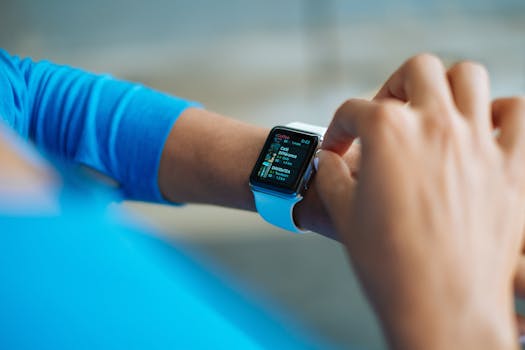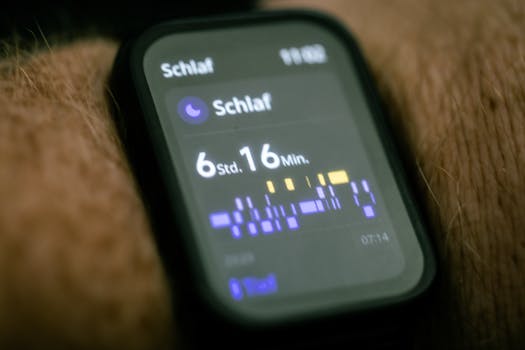
The Future of Health Tech: Wearables and Gadgets in 2025
Introduction to Health Tech

The Future of Health Tech: Wearables and Gadgets in 2025 is an exciting and rapidly evolving field that is transforming the way we approach healthcare. With the increasing use of wearables and gadgets, individuals are now able to track their health and fitness levels like never before. The focus keyword Future of Health Tech is expected to play a major role in shaping the healthcare industry in the coming years.
In this article, we will explore the latest trends and innovations in health tech, including wearables and gadgets, and how they will shape the future of healthcare in 2025. We will also discuss the benefits and challenges associated with the use of these technologies and what to expect in the coming years.
Wearables and Gadgets in Health Tech

Wearables and gadgets have become an essential part of the health tech industry. These devices allow individuals to track their vital signs, monitor their physical activity, and receive alerts and notifications to help them stay on top of their health. Some of the most popular wearables and gadgets include smartwatches, fitness trackers, and mobile apps.
One of the most significant advantages of wearables and gadgets is their ability to provide individuals with real-time data and feedback on their health and fitness levels. This information can be used to make informed decisions about their lifestyle and make changes to improve their overall health and wellbeing.
Benefits of Health Tech

The benefits of health tech, including wearables and gadgets, are numerous. Some of the most significant advantages include:
- Improved health outcomes: Health tech has been shown to improve health outcomes by allowing individuals to track their vital signs and receive alerts and notifications to help them stay on top of their health.
- Increased patient engagement: Health tech has been shown to increase patient engagement by providing individuals with the information and tools they need to take control of their health.
- Reduced healthcare costs: Health tech has been shown to reduce healthcare costs by reducing the need for hospitalizations and other medical interventions.
Challenges and Limitations

While health tech, including wearables and gadgets, has the potential to revolutionize the healthcare industry, there are also several challenges and limitations that need to be addressed. Some of the most significant challenges include:
- Privacy and security concerns: One of the most significant challenges associated with health tech is the need to protect individual privacy and security.
- Interoperability: Another significant challenge is the need for different health tech devices and systems to be able to communicate with each other seamlessly.
- Regulation: The health tech industry is still largely unregulated, which can make it difficult to ensure that devices and systems are safe and effective.
Conclusion

In conclusion, the future of health tech, including wearables and gadgets, is exciting and rapidly evolving. While there are several benefits associated with the use of these technologies, there are also several challenges and limitations that need to be addressed. As the health tech industry continues to grow and evolve, it is likely that we will see new and innovative solutions emerge to address these challenges and improve healthcare outcomes.



